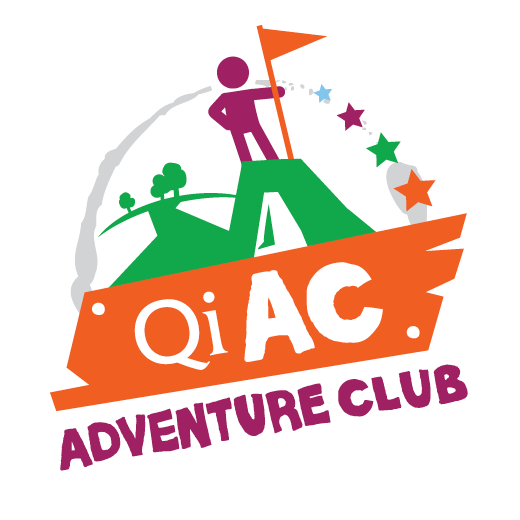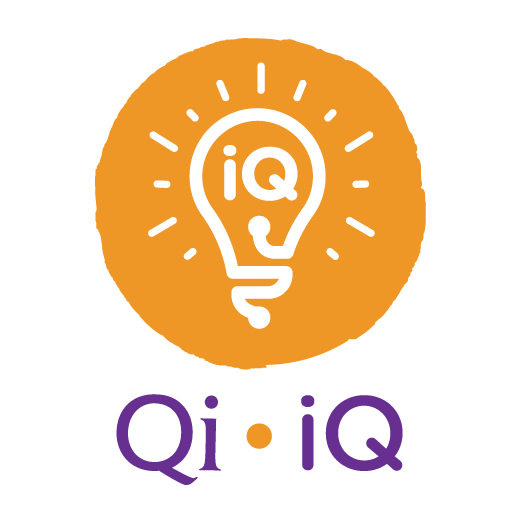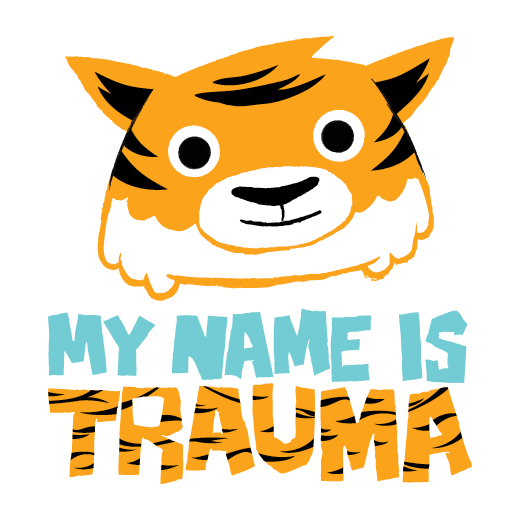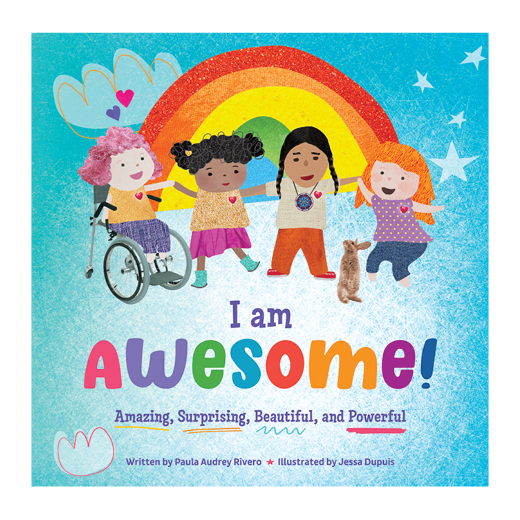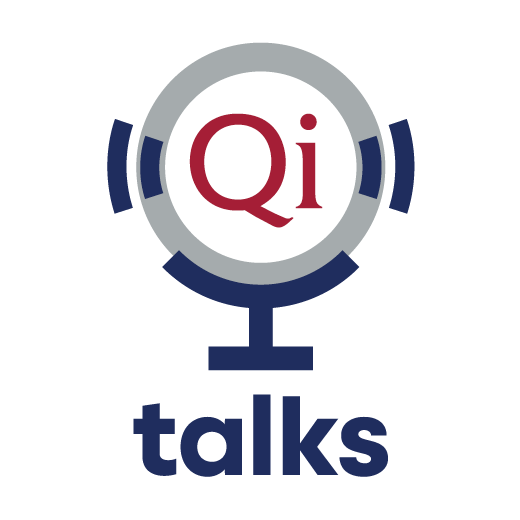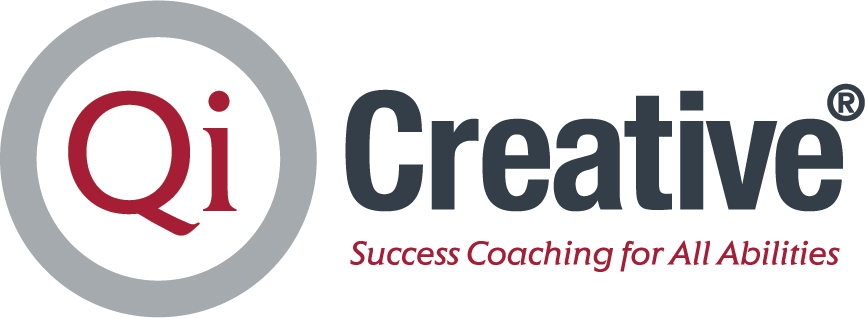HeartMath Wisdom: Finding Peace and Hope
HeartMath Wisdom includes thoughts, tips, and musings by Luis Ballester, Occupational Therapist, Qi Creative Success Coach, and Certified HeartMath Trainer.
For more information about HeartMath, visit our Core Services page.
If I knew how to do everything, and if I had an unlimited supply of time and energy, there would be no real challenges.
Sometimes I wonder what it would be like to feel that way; life can throw anything at me and it will be okay because I have all it takes to handle things.
Luis reads a storybook to a group of children at a school. Luis sits on a large rug in the middle of the classroom while a young boy with an orange shirt moves forward to observe the storybook pictures.
At the same time, I find that it is easy to go all the way to the other side; feel like, no matter what, there is always something important I don’t know, there isn’t enough time in the day to deal with everything and, even if I had the time, it would take more energy than I can possibly generate to do it all.
Most of the time I am somewhere in between the two extremes, both personally and professionally.
As a Success Coach, I meet with families that are experiencing something similar: they are facing daily challenges that require great amounts of energy and ever growing knowledge. Some of these families do very well and some suffer. In many cases this happens with families that have access to the same strategies for similar difficulties.
All of them have two things in common: one, the challenges keep coming back, day after day, and two, everyone, without exception, always does the best they can at any given moment.
If this is true, why do some people thrive while others struggle? What is the difference between success and defeat?
The secret may be hidden in plain view; sometimes, our best is not as good as we would like it to be. When that happens, what we know becomes less important than our ability to put that knowledge into practice.
Here is the thing: when we first face a challenge, we are likely to deal with it well if we welcome the difficulty, if we look at it as an opportunity to learn something valuable, or show the world that we are capable, or we simply like the idea of doing something new and different.
The problem comes when the challenge remains at the top of our to-do list with no end in sight; no weekend or holiday breaks, and possibly growing in intensity for good measure.
For example, when we are dealing with misbehaviour, limited communication, reduced physical ability, and/or emotional and sensory difficulties, these challenges are likely to sap our energy. One of the main goals of success coaching is to empower the family so they develop ways to handle difficulties while managing their energy effectively; we do this in part, by sharing proven strategies and demonstrating their application in real life.
This is a good start because it gives hope—it helps us realize that others have experienced similar issues and there are things that can be done.
Even if this is a positive start, it is not the full solution.
Most of the time we also need to adjust our perception: it is easy to think that things would be a lot better if children simply listened to us adults and followed our lead.
I tell parents that children don’t want to be mean and always do the best they know how. When this becomes clear, it is easier for adults to realize that their work becomes simpler. All they need to do is check if the child is ready to learn or if the child needs help to be ready.
From here it is easier to learn that this principle applies to the parents too; we always do the best we know, with the energy we have.
A colourful board game entitled “Wild Ride to the Heart”, a HeartMath game to teach emotional regulation techniques.
And if we could take back all the mistakes we have made, we would. The positive aspect of this is that we typically have another chance to “get it right” every morning. The key is to take the learning and leave behind the experience that created it!
When I first started working with families I thought I would be at my most helpful by teaching proven strategies and techniques, the families would apply them and “presto!” the problems would go away…imagine my surprise when I discovered this not to be the case.
I wondered if I was not clear in my explanations and demonstrations, perhaps the strategies were not universal, maybe I needed to learn more (that is a constant, by the way, learning never stops), was it possible that families were not doing what I had shared with them?
Eventually I learned that there was a missing ingredient, so powerful and essential that without it, it would not be possible to make real progress. The families knew this too, and while we were trying to figure it out, some lost hope, some became fearful or even desperate. It felt like a failure, all the knowledge was not enough.
Then it was my turn to realize that everything I was sharing with families also applied to me:
I always do the best I can with what I know and the energy I have.
I began to manage my energy and my emotional state, started to look at the problem as feedback, took the learning and left the experience behind.
This opened the door to yet another shift in thinking: We didn’t need to change the strategies, or the way I shared them, or even the way the parents put them into action. The problem was not in what we were doing, the problem was in what we were NOT doing.
We were not addressing the need for resilience; the ability to prepare for, deal with and recover from challenges.
Don’t get me wrong, most parents know that they are able to summon amazing levels of strength while running on little sleep and putting others’ needs ahead of their own.
The problem is that when we are talking about implementing change, an additional level of energy is required and this is where the plan usually collapsed because simply, there was nothing left to make the necessary changes.
Now the path became clear for these families (and for the success coach too); we needed to work on two parallel paths: knowledge and resilience, practiced together, with the understanding that if we create the right conditions, children will have the room and support to develop their potential.
The bonus element? This added peace and hope to the job of parenting.
Yours in wisdom,
Luis Ballester, BSc OT (C), Certified HeartMath Trainer
